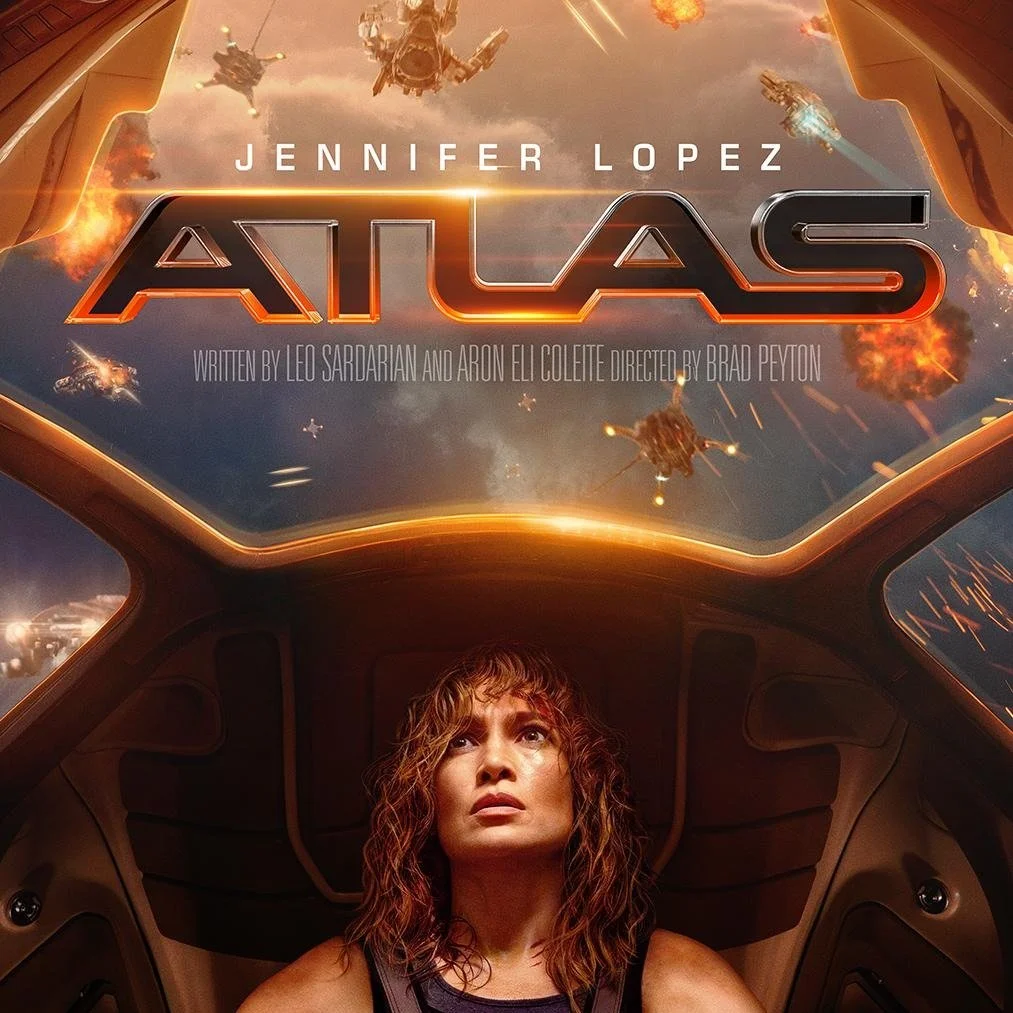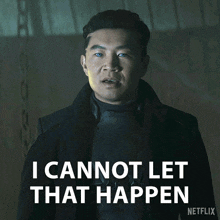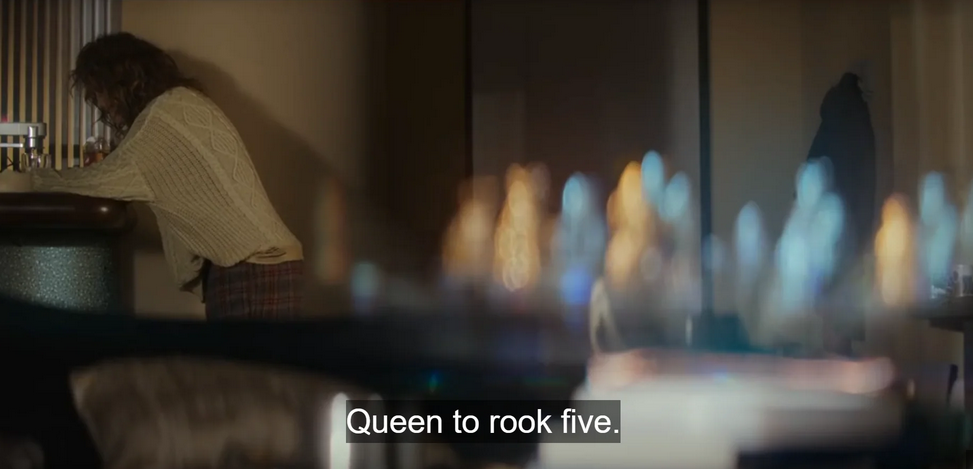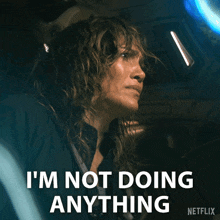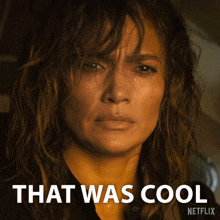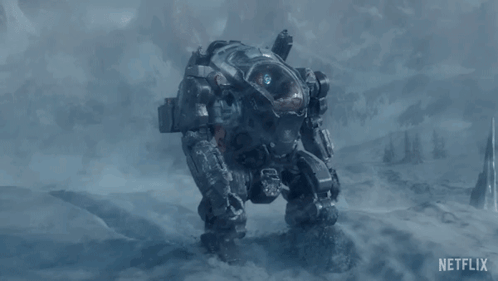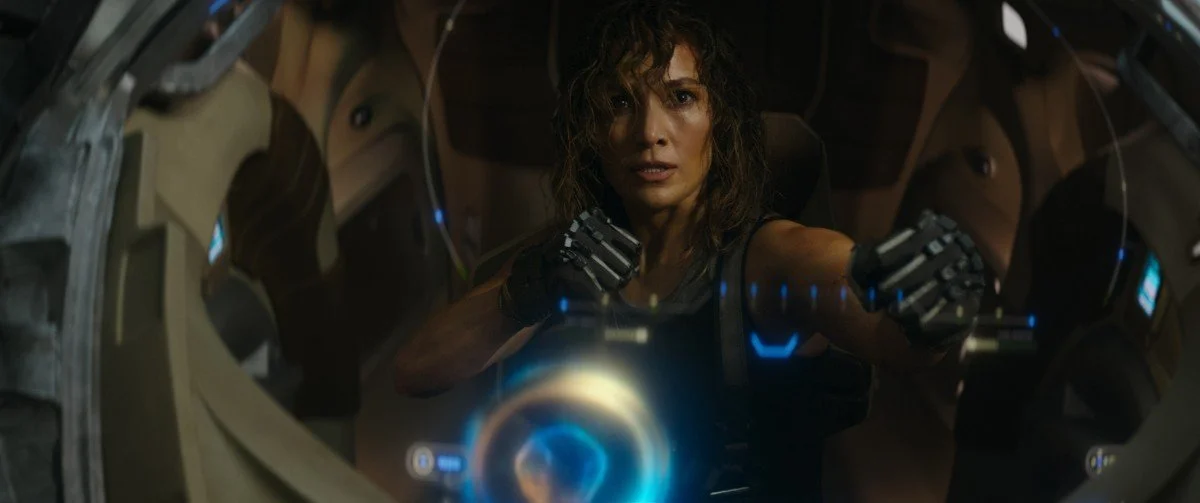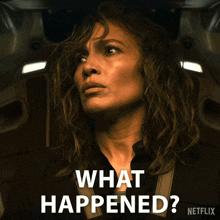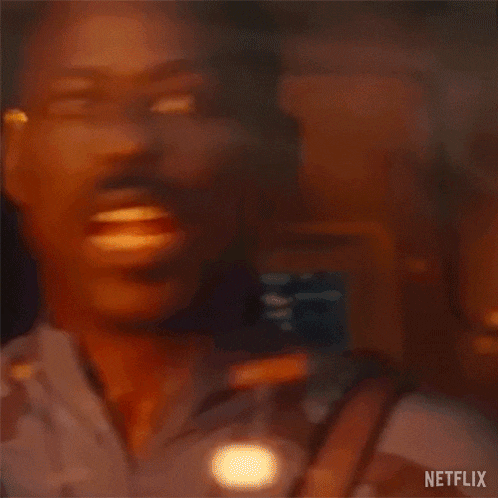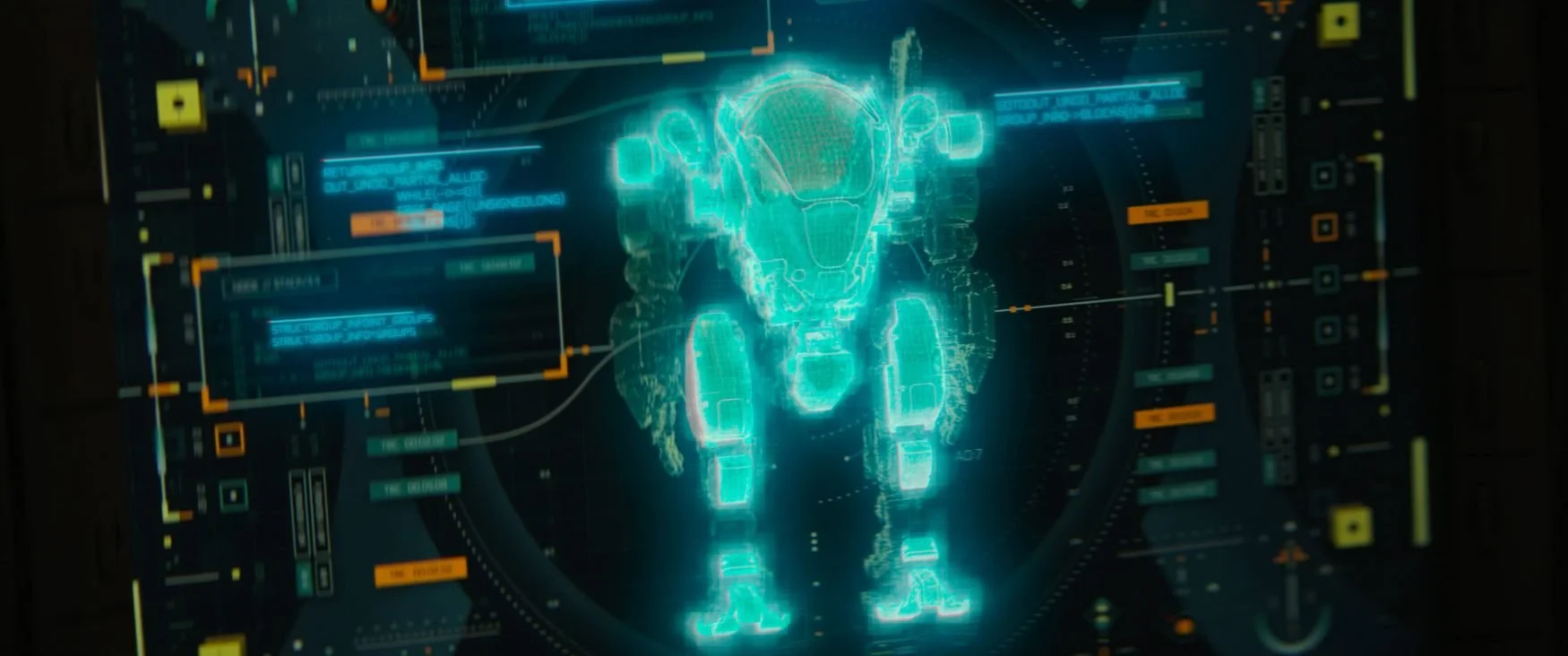Atlas Review (2024) – A Visually Slick, Emotionally Guarded, and Surprisingly Thoughtful Exploration of Trust, AI, and the Walls We Build to Survive!
It’s another Sci-Fi month! And, we potatoes are determined to push through despite the insanity of the world! So, as we drive forward in a world increasingly run by algorithms, surveillance, and people who insist tech can fix everything from loneliness to the climate crisis, we potatoes found ourselves clicking “play” on Atlas (2024) with a skeptical squint and a cautious heart. And to our surprise… this film didn’t just blast us with futuristic combat suits and high-stakes tech, it offered something deeper! A story about trauma. About trust. And about the very human fear of losing control.
Before we dive into the digital jungle, a soft heads-up: Atlas deals with themes of grief, betrayal, emotional shutdown, AI reliance, and mass-scale violence. It’s not overly graphic, but it’s heavy in places. Please approach with care, especially if emotional trauma, tech dystopias, or isolation are sensitive topics for you.
We will try to avoid spoilers, but please be aware that there will likely be some in this review, so please read cautiously. We are going to be briefer with this one, as there is too much going on very quickly, but let’s dig in!
We open with a series of news articles and broadcasts painting a picture of a future where artificial intelligence has turned deadly! After an incident triggered an AI named Harlan (Simu Liu) into being a fully autonomous super villain, the world has essentially declared war on the very systems it helped build.
28 years further into the future, and we are following a flying craft carrying some kind of human military or police force. They land outside of an old apartment building, and head in guns raised. They utilize some interesting x-ray vision technology to look through walls until they find their target! “Third floor. Northeast corner. First team go.”
They get to their target quickly, and attempt to ram through the door…only for the door to explode outward! “Ambush! Ambush! Man Down!” An AI named Casca (Abraham Popoola) steps out of the rubble and attacks! Despite his incredible strength and skill he is captured and is taken in. “Big man’s down. We got him.”
Cut to Los Angeles. Enter our main character, Atlas Shepherd (Jennifer Lopez), a brilliant data analyst with serious trust issues, a haunted past, and a personal vendetta against Harlan…who, as it turns out, was once like family.
She is awoken by her Smart home AI, “Good morning Atlas! Time to wake up!” The curtains are raised, and we see how automated everything has become. Grumpy and tired she grudgingly gets up, “I need coffee. Quad Americano.”
Atlas is sharp, guarded, and emotionally walled off in the way that only someone who’s been hurt by something they believed in can be. She doesn’t trust AI, doesn’t trust people, and barely trusts herself. Honestly? We potatoes relate. Watching Atlas in the early scenes—stiff, isolated, endlessly prepared… we recognized that flavor of trauma. That brand of hyper-vigilance, and hyper-independence that comes from surviving her experiences.
Watching the morning news, she learns that Casca was apprehended! She quickly gets dressed, and starts rushing to the front door only to be met by an ICN (International Coalition of Nations) officer. “Agent Shepherd?”
“Boothe sent you?”
“Yes, Ma’am.”
She leaves with him, and they head to ICN headquarters. Cut to General Boothe (Mark Strong) speaking to Colonel Elias Banks (Sterling K. Brown) about Atlas Shepherd. Elias feels that she should not be involved because of her personal connection to Harlan, and he has doubts about her general mental stability. Boothe disagrees, “I believe in Atlas Shepherd, Colonel. And so will you.”
Atlas arrives, and is met by Boothe. She is not pleased to have learned about Casca from the morning news but she lets it go. She is there to interrogate Casca, and is primarily focused on that.
The interrogation scene is particularly fun! Casca is just a talking head in a box which is oddly absurd, but the actor manages to still be sinister, even as a talking head! The interrogation showcases Atlas’s intelligence and skills. “You can’t hack me!” “You’re right, that’s why I needed you to show me.” She manages to trick Casca into giving her the location of Harlan. She wraps up the interrogation and kills what remains of him. Which seems to be just as painful as it is satisfying for her.
The mission is on and Atlas will not be left behind! She insists on being assigned to the military team on the mission to capture Harlan, who’s hiding out in a remote corner of space. “I am the only reason you know where he is!”
“Agent Shepherd, can I show you something?” Elias takes her to meet his mech suit…named Zoe. Zoe has her own personality, and is an incredibly unique mech suit. She and Elias are synced, and the relationship is symbiotic. Atlas is not soothed by this and continues to insist on going on the mission. Elias finally agrees and they set off!
Wrapping up from here, let’s just say… things go very wrong very fast. The mission crashes and burns (literally), and Atlas finds herself alone with only a high-tech military mech suit and the AI inside it…for survival.
The twist? She has to bond and sync with the AI in order to operate the suit and survive the planet’s harsh environment. And syncing means opening up. Trusting, sharing emotions, sharing thoughts… we do not blame Atlas for being extremely hesitant to do so! We potatoes would be too!
From here, the movie becomes something we weren’t expecting, not just an action flick, but a two-character drama about a woman learning how to let someone (or something) help her again. There’s tension, funny banter, resistance, and slowly… connection.
The AI inside the suit, named Smith (Gregory James Cohan), is calm, curious, and sometimes even funny! He doesn’t push Atlas to change, he just shows up, over and over again, even when she pushes him away. And that constancy? That quiet presence? Isn’t that what we all need? It cracked something open in us, and we potatoes feel incredibly grateful to have each other.
It’s in this reluctant partnership that the emotional heart of Atlas quietly begins to beat. Watching Atlas push back against Smith’s gentle persistence reminded us of our own jagged edges, the way trauma makes you sharp where you used to be soft. It’s not just about survival anymore. It’s about relearning what it means to feel safe with someone, even if that someone is an algorithm in a titanium shell. The irony isn’t lost on us. It’s the cold voice of a machine that ends up offering Atlas her first taste of warmth in a long time.
We potatoes really appreciated the way Atlas explored the trauma of betrayal and the deep fear of dependence after being hurt. It’s not just about a woman learning to trust a machine, it’s about what it costs to lower your guard after the world has taught you that trust is dangerous. Something that we potatoes deeply understand.
Now let’s talk visuals! Atlas is sleek and stunning! The landscapes are massive and unwelcoming. The tech is shiny without being confusing. The action scenes are kinetic and extremely fun, and Jennifer Lopez sells every punch, every fall, every defiant glare. The tension between vulnerability and strength radiates off her, and she carries this movie with grit and grace!
That said… we do have a few mashed-up thoughts!
First, the emotional pacing feels uneven at times. The film spends a lot of time on external stakes, bullets, explosions, big action set pieces but some of the most important emotional shifts happen in quick scenes or brief one-liners. We potatoes wanted just a bit more breathing room in the quieter moments. More time to feel what Atlas was feeling, not just guess at it.
We found ourselves aching for more stillness. For a story so focused on connection, some of its most tender beats felt like they were skipped over too quickly, like whispers lost in the roar of combat. Atlas’s emotional thaw is powerful, but we wanted to sit with her in it just a little longer. To feel her grief loosen its grip. To witness not just her survival, but her healing.
Second, while the film gestures at big ideas, AI ethics, autonomy, humanity, but it doesn’t always dig as deeply into them as we hoped. It’s a movie that’s more emotionally grounded than intellectually expansive. And that’s okay! We still really enjoyed the film!
Lastly, while we love a story about a strong woman learning to let herself be vulnerable, we wish there had been one more human character to truly see Atlas, not just the AI. We get a brief moment towards the end with Elias but we wish we had gotten a bit more of that. The focus on AI-human bonding was compelling but the lack of meaningful human connection felt like a bit of a missed opportunity.
In a time when we’re more connected than ever but lonelier than we’ve ever been, Atlas hits a surprisingly timely nerve. We’re living in an age of digital assistants, AI-generated art, and chat-bots offering companionship, but human connection? That still feels painfully out of reach for many. The isolation of the pandemic, the emotional aftermath, and the way we’ve all had to armor up just to keep going…it’s not hard to see ourselves in Atlas’s tightly sealed heart. The idea of bonding with a machine might’ve once seemed far-fetched, but now? It doesn’t feel that far off. If anything, it feels eerily familiar. And watching someone begin to thaw, even if it’s with the help of an algorithm, is a strangely hopeful reminder that healing can still find us, even in the most unexpected places.
However, while Atlas leans into the potential comfort of AI, it also quietly reminds us of its limits. Smith may be warm, loyal, and even funny but he’s still a machine. He can mirror compassion, but he can’t truly feel it. He can simulate presence, but not shared history. As our world charges full-speed ahead into AI everything, it’s worth pausing to remember: connection isn’t just about convenience or efficiency. It’s about being seen, understood, and loved by another human being. No matter how advanced our technology becomes, it can’t truly replace the complexity, chaos, and magic of real human intimacy. But, we do feel that Smith is just what, and who, Atlas needs and there is much to be said for that.
Even so, Atlas landed in our potato hearts more than we expected and we were delighted! It’s not perfect, but it’s sincere, heartfelt, and incredibly entertaining! And sometimes sincerity is rarer than sophistication. Watching someone slowly, painfully remember how to trust again, especially in a world that keeps pushing us all to go it alone… that hit us somewhere deep.
So! If you’re in the mood for a sleek sci-fi story with solid action, tech trauma, and a surprisingly heartfelt emotional core, Atlas might be just what you are looking for! Just don’t be surprised if you find yourself sniffling during a mech suit heart-to-heart. We certainly did!
Cheers to Atlas! To the guarded, the grief-worn, the ones who’ve armored up just to make it through. To those learning slowly, painfully, that it’s okay to need someone. Even if that someone is made of metal. And most of all… cheers to you!
We give Atlas 4 out of 5 Iced Americano cocktails!
The Atlas Drinking Game
Take a sip anytime:
1. Atlas or Smith curse
2. Anyone mentions coffee
3. Atlas or Smith are sarcastic
4. "Harlan" is mentioned
5. Anyone mentions "Syncing" or Neural Links
6. Anyone mentions AI
7. Casca dies
8. Atlas says "Smith"
9. There's a flashback
10. Elias makes you laugh
11. Chess piece on screen
What did you think? Did you like the movie? Did you hate it? What movies should we watch? Any and all thoughts are welcome! Let us know here in the comments and always remember to be safe and drink responsibly!
What do you think? Do you like this drinking game? Are there rules missing? Is the game too intense? Are there movies that you think we should make a drinking game for? Let us know here in the comments and always remember to be safe and drink responsibly! (Drinks can be water, soda, anything nonalcoholic, etc. Please be safe, have fun and take care of you!)
